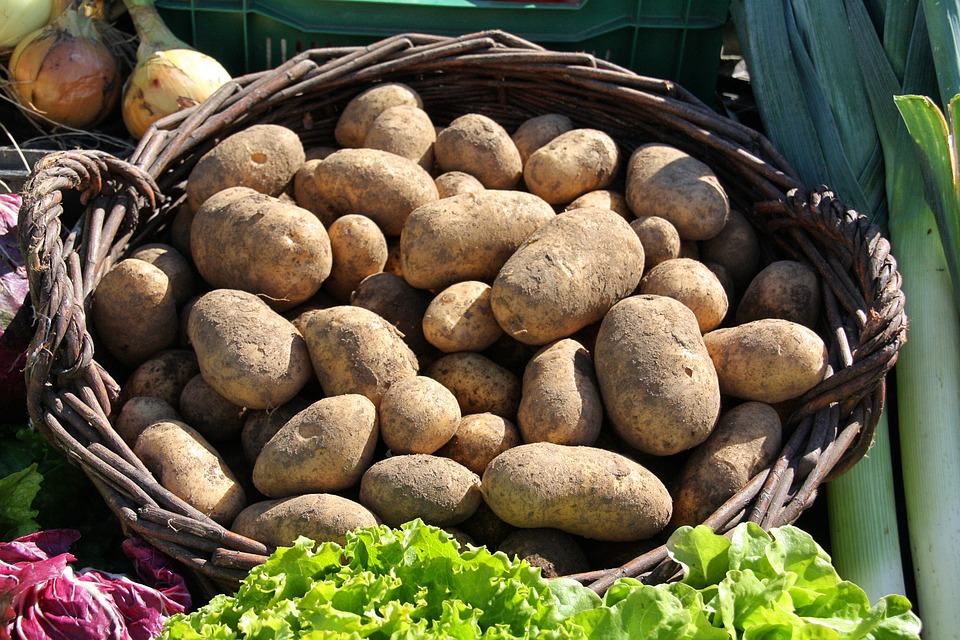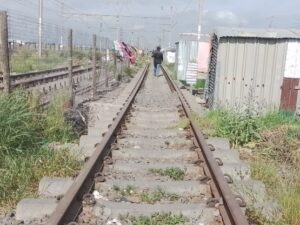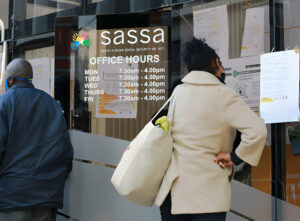Consumers across South Africa are feeling the pinch as the price of a staple food item, the humble potato, continues to soar. As Christmas approaches and the thought of delicious potato salads and baked potatoes comes to mind, it’s time to think twice. In this article, we explore the factors behind the rising potato prices, their impact on households, and potential solutions to alleviate the pressure on consumers.
Surging Potato Prices
The cost of a 7kg bag of potatoes currently ranges from R110 to R120, while a 10kg bag is priced at approximately R189.99 at major grocery stores, including Checkers, OK, and Food Lovers Market. The Western Cape Department of Agriculture reports that South African potato prices have spiked by an alarming 102% in October 2023, surpassing the average prices observed in mid-October 2022. This surge sets a new high for this essential vegetable.
In week 38 of 2023, potato prices averaged R10,704 per ton, reflecting a 21% week-on-week increase, driven by a 27% decrease in weekly supply to 13,291 tons. According to Ayabonga Sibulali, spokesperson for the Western Cape Department of Agriculture’s Macro and Resource Economics, this price surge can be attributed to increased power cuts and rising farm input costs.
Impact on the Industry
The domestic potato market had already been under pressure, with a 10kg bag reaching R66.43, marking a 22% increase. This was due to potato farmers sending lower volumes to domestic markets and no imports being lifted from the north producers. The potato market also depends largely on the international potato market, which is influenced by commodity markets and global events.
Jaco Minnaar, president of the South African Agricultural Union (Agri SA), echoed these concerns, noting that load shedding and dry conditions in the country’s northern regions, where a significant portion of local potatoes are farmed, have contributed to the price hike. Low output by suppliers, coupled with the country’s struggles to meet production needs, led to a reliance on imports. However, these imports are facing their own challenges, such as high-cost prices influenced by global conflicts, including the Russia-Ukraine conflict.
Minnaar acknowledged that changing seasons also disrupt the availability of potatoes and other vegetables in the market. While he couldn’t predict when prices would stabilize, he anticipated an increase in production as the new season approaches.
Impact on Consumers
The consequences of rising potato prices are not limited to households. Local early childhood development centers and feeding scheme organizations, like soup kitchens and homes that support the less fortunate, are also grappling with affordability issues. Khanya Qongqo, the Founder of Harare CAN, emphasized the impact on organizations that rely on affordable food to help those in need.
Solutions and the Way Forward
Independent economy analyst and lawyer Bonge Dumisa suggests that increasing the number of farmers producing food items, including potatoes, could be a solution to alleviate the pressure on consumers. South Africa could reduce its reliance on imports, which often come with higher costs, by producing more locally. Dumisa highlights that the demand for potatoes remains high, and increasing the number of commercial farmers could lead to more sustainable food resources.
In conclusion, the rising potato prices in South Africa are a matter of concern for consumers and organizations supporting vulnerable populations. While the causes of this price surge are multifaceted, increasing local production may offer a long-term solution to stabilize prices and ensure food security for all South Africans.














